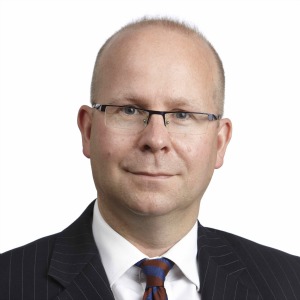4,000-patient practice closure to exacerbate pressure in city

Both partners of a 4,000-patient Edinburgh practice have announced their decision to retire this summer, leaving health bosses scrambling to find alternative arrangements.
The Edinburgh Health and Social Care Board said the partners at Inverleith Medical Practice will be resigning from their NHS contract due to personal circumstances.
It comes as figures suggest almost one in four surgeries in the NHS Lothian region have had to place limits on new patients because of staff shortages and workload pressures.
Pulse reported last year that 39 of 124 practices in the region are full and have put strict limits on accepting new patients, with fears this could rise to 50% of practices soon.
Rob McCulloch-Graham, Joint Director of Edinburgh Health and Social Care Partnership, said work is ongoing to ensure surgery patients continue to get ‘safe, effective and timely care’.
‘A range of options for future GP care in the area are being considered and Edinburgh Health and Social Care Partnership and NHS Lothian, will be supporting the practice team to help reassure patients during this period,’ he said.
BMA Scotland has said one in three GPs are considering retirement in the next five years.
Dr Andrew Buist, Deputy Chair of the BMA’s Scottish GP Committee, said: ’It is clear that practices are under immense pressure. GPs are overworked and intensely frustrated that they do not have enough time to spend with their patients. It is important that NHS Lothian acts quickly to minimise disruption to patient care.
’We need the government to focus on addressing the pressures facing GP services, so that we retain the current GP workforce and attract young doctors to become GPs.
’It is essential that the Scottish Government makes sure that financial resources are committed to directly supporting general practice otherwise we could soon be in a situation where we do not have enough GPs to deliver effective care to patients.’
Pulse October survey
Take our July 2025 survey to potentially win £1.000 worth of tokens











